Business Setup in Dubai FreeZone: Complete Step-by-Step Guide
Table of Contents
Setting up a business in a Dubai Freezone offers a multitude of benefits that make it an attractive option for entrepreneurs looking to establish a presence in the UAE.
Dubai Freezones provide a unique environment where businesses can enjoy 100% foreign ownership, significant tax benefits, and streamlined procedures that simplify the setup process.
These zones are specifically designed to foster growth and innovation, catering to various industries and enabling businesses to operate with greater flexibility.
The concept of UAE Free Zones has been a game-changer for the region, driving economic growth and attracting global entrepreneurs. Each Freezone is tailored to specific industries, offering specialized infrastructure, resources, and regulatory frameworks that align with the needs of businesses in those sectors.
Understanding the advantages and opportunities within Dubai Freezones is essential for anyone looking to successfully navigate the business landscape in the UAE.
Directly Jump To: Steps to Set Up a Business in Dubai Freezone
Understanding Dubai Freezones

What is a Freezone?
A Freezone is a designated area within the UAE where businesses can operate with significant advantages such as full foreign ownership, tax exemptions, and minimal trade barriers.
These zones are established to encourage foreign investment by offering a business-friendly environment with streamlined regulations.
Freezones operate under their own legal frameworks, which differ from the regulations governing the rest of the UAE, allowing businesses greater autonomy and operational flexibility.
Overview of Different Freezones in Dubai
Dubai boasts a diverse array of Freezones, each tailored to specific industries and business activities. Here’s an overview of some prominent Freezones:
Dubai Media City (DMC): A hub for media, advertising, and creative industries, offering cutting-edge infrastructure and a vibrant community of media professionals.
Jebel Ali Free Zone Authority (JAFZA): One of the largest and most established Freezones, JAFZA caters to logistics, manufacturing, and trading companies with excellent global connectivity.
Dubai Multi Commodities Centre (DMCC): Focused on commodities trading, DMCC is ideal for businesses dealing in precious metals, diamonds, energy, and agricultural commodities.
International Free Zone Authority (IFZA): Known for its flexibility and cost-effective business setup options, IFZA caters to a wide range of business activities with straightforward licensing processes.
Dubai International Financial Centre (DIFC): A leading global financial hub, DIFC is perfect for financial services, legal firms, and fintech companies, offering an independent regulatory framework.
Dubai World Trade Centre (DWTC): Ideal for event management, exhibitions, and conferences, DWTC provides a strategic location and world-class facilities for businesses in the MICE (Meetings, Incentives, Conferences, and Exhibitions) industry.
Meydan Free Zone: Positioned in the heart of Dubai, Meydan Free Zone offers a premium location for businesses in sectors such as real estate, healthcare, and technology, with modern office spaces and infrastructure.
Dubai Design District (D3): Dedicated to the fashion, design, and luxury industries, D3 is a creative hub that supports innovation and collaboration among designers, artists, and entrepreneurs.
Each Freezone is designed to support the growth of specific industries, providing tailored services, infrastructure, and resources that meet the unique needs of businesses operating within those sectors.
Choosing the Right Freezone Based on Business Activity
Selecting the appropriate Freezone is crucial for the success of your business. The right Freezone will align with your business activity, providing the necessary infrastructure, regulatory support, and industry-specific resources. For instance:
- Tech Industry: Dubai Internet City or Meydan Free Zone offers a robust ecosystem for IT companies.
- Creative Industry: Dubai Media City or Dubai Design District (D3) provides an ideal environment for media, advertising, and design businesses.
- Financial Services: DIFC is the go-to Freezone for financial services, legal firms, and fintech startups.
- Logistics: JAFZA offers unparalleled access to transportation networks and warehousing facilities.
By choosing a Freezone that aligns with your business objectives, you can leverage the specialized support and resources available, ensuring a smoother setup process and long-term growth potential.
Financial Planning and Budgeting for Your Dubai Free Zone Business
Proper financial planning is crucial to the success of any business, especially when setting up in a Dubai Freezone. Here’s how to approach financial planning and budgeting effectively:
Importance of Financial Planning Before Starting a Business
Before launching your business in a Dubai Freezone, it’s essential to create a detailed financial plan. This plan will act as a roadmap, guiding your financial decisions and helping you anticipate potential challenges.
Effective financial planning allows you to allocate resources efficiently, manage cash flow, and set realistic financial goals. It also prepares you for unforeseen expenses, ensuring that your business remains resilient in the face of challenges.
Budgeting for Setup Costs, Operational Expenses, and Unforeseen Challenges
When budgeting for your Dubai Freezone business, consider the following key areas:
Setup Costs: These include the costs associated with business registration, licensing, office space, visa fees, and initial marketing expenses. Each Freezone has its own fee structure, so it’s important to account for these variations in your budget.
Operational Expenses: Ongoing costs such as salaries, utilities, rent, insurance, and inventory should be factored into your budget. Ensuring you have sufficient funds to cover these expenses for at least the first 6 to 12 months is crucial for maintaining business stability.
Unforeseen Challenges: Unexpected expenses can arise at any time, whether due to market fluctuations, regulatory changes, or operational issues. Setting aside a contingency fund—typically 10-15% of your total budget—can help you navigate these challenges without jeopardizing your business.
Financial Strategies to Ensure Business Sustainability in the Early Stages
In the early stages of your business, maintaining financial sustainability is key. Consider the following strategies:
Conservative Spending: Start by controlling costs and avoiding unnecessary expenses. Focus on essentials and gradually scale up as your business grows.
Diversified Revenue Streams: Consider diversifying your income sources to reduce reliance on a single revenue stream. This can include offering complementary products or services or expanding into new markets.
Regular Financial Reviews: Conduct regular financial reviews to monitor cash flow, track expenses, and adjust your budget as needed. Staying on top of your financial health will help you make informed decisions and avoid potential pitfalls.
Comparison of Costs Across Different Freezones
The costs associated with setting up and operating a business can vary significantly across different Freezones. Factors influencing these costs include:
- Licensing Fees: Some Freezones offer more cost-effective licensing options than others, depending on the type of business activity.
- Office Space: The cost of renting office space can vary based on location, with some Freezones offering more affordable options.
- Visa Costs: Visa fees may differ depending on the Freezone, with some zones providing more competitive rates for employee visas.
To make an informed decision, it’s essential to compare the overall costs of different Freezones relative to the specific needs of your business. This comparison will help you choose the most cost-effective Freezone while ensuring that it meets your operational requirements.
By thoroughly planning and budgeting for your Dubai Freezone business, you can position your company for long-term success and financial stability.
Steps to Set Up a Business in Dubai Freezone
Setting up a business in a Dubai Freezone involves several crucial steps. Here’s a comprehensive guide to help you navigate the process:
Step 1: Choose a Freezone
The first step in setting up your business is selecting the right Freezone. Consider the following factors when making your decision:
- Industry Specialization: Some Freezones cater to specific industries, such as media, finance, logistics, or technology. Choose a Freezone that aligns with your business activity.
- Location: Proximity to clients, suppliers, and transportation networks can influence your choice. Some Freezones are strategically located near ports, airports, or business hubs.
- Cost Structure: Different Freezones have varying fee structures for licenses, office space, and visas. Compare costs to find a Freezone that fits your budget.
Step 2: Select a Business Activity
Once you’ve chosen a Freezone, the next step is to select your business activity. This is crucial as your business activity must align with the regulations of the chosen Freezone.
Common business activities include trading, services, consulting, and manufacturing. Ensure that your selected activity is permissible within the Freezone and matches the type of license you’ll apply for.
Step 3: Choose a Legal Structur
Decide on the legal structure for your company. The most common structures in Dubai Freezones are:
- Free Zone Company (FZC): Ideal for businesses with multiple shareholders (2-5).
- Free Zone Establishment (FZE): Suitable for a single shareholder.
- Branch of a Foreign Company: Allows an existing foreign company to establish a branch within the Freezone.
Your choice will depend on factors such as the number of shareholders and the scope of your business operations.
Step 4: Apply for a Business License
After choosing your legal structure, you’ll need to apply for a business license. The type of license you require will depend on your business activity:
- Trading License: For businesses involved in buying and selling goods.
- Service License: For businesses providing professional services like consulting, IT, and marketing.
- Industrial License: For businesses engaged in manufacturing or production.
Submit your application through the Freezone authority, along with the required documentation.
Step 5: Prepare the Required Documents
To proceed with your application, you’ll need to prepare and submit the necessary documents. Commonly required documents include:
- Passport copies of shareholders and directors.
- A detailed business plan outlining your operations and goals.
- Proof of address and other identification documents as requested by the Freezone authority.
Ensure all documents are accurate and complete to avoid delays in the setup process.
Step 6: Obtain Approvals and Pay Fee
Once your documents are submitted, the Freezone authority will review your application. You may need to obtain additional approvals depending on your business activity.
After receiving the necessary approvals, you’ll be required to pay the registration and licensing fees. These fees vary depending on the Freezone and the type of license you’re applying for.
Step 7: Open a Corporate Bank Account
The final step in setting up your business is opening a corporate bank account. Most banks in Dubai require the following to open an account:
- Trade license.
- Shareholders’ and directors’ passport copies.
- A resolution from the board of directors (if applicable).
The process may take a few days to a couple of weeks, depending on the bank and the completeness of your documentation.
Following these steps ensures a smooth and efficient process in setting up your business in a Dubai Freezone, allowing you to take advantage of the numerous benefits and opportunities available.
Post-Setup Compliance and Maintenance
After successfully setting up your business in a Dubai Freezone, it’s essential to maintain compliance with the Freezone’s regulations and ensure your business continues to operate smoothly. Here are the key areas to focus on:
Annual Renewal of Licenses
Every business in a Dubai Freezone is required to renew its license annually. The renewal process typically involves submitting updated documents, such as lease agreements and any changes in business structure, along with the renewal fee.
Timely renewal is crucial to avoid penalties or disruptions in your business operations.
Audit Requirements (If Applicable)
Depending on the Freezone and the type of business you operate, you may be required to submit annual audited financial statements. These audits must be conducted by a registered and approved auditing firm within the UAE.
Even if your Freezone does not mandate audits, conducting regular audits can provide valuable insights into your business’s financial health and ensure transparency.
Ongoing Compliance with Freezone Regulations
Maintaining compliance with the specific regulations of your chosen Freezone is essential for the continued operation of your business. This includes adhering to labor laws, health and safety standards, and any sector-specific regulations that apply to your business activity.
Regularly reviewing and updating your business practices to stay in line with current regulations will help you avoid legal issues and ensure long-term success.
By staying on top of these post-setup compliance and maintenance tasks, you can ensure that your business remains in good standing with the Freezone authorities and continues to thrive in the competitive Dubai market.
Tips for a Successful Business Setup in Dubai Freezone
Understanding Local Laws and Regulations
A thorough understanding of the local laws and regulations is crucial for a successful business setup in a Dubai Freezone. Each Freezone has its own set of rules governing business activities, licensing, and operational procedures.
Familiarize yourself with these regulations to ensure compliance and avoid any legal issues. Staying informed about any updates or changes in the regulations will help you adapt quickly and maintain smooth operations.
Seeking Professional Assistance for Smoother Setup
Navigating the process of setting up a business in a Dubai Freezone can be complex, particularly if you’re unfamiliar with local procedures. Seeking professional assistance can streamline the setup process and ensure that all requirements are met efficiently.
Professional consultants can provide valuable insights, handle paperwork, and guide you through each step, saving you time and reducing the risk of errors.
Start Your Free Zone Business with Mindbridge
Mindbridge offers comprehensive support to facilitate a smooth and successful business setup in Dubai Freezones.
With extensive experience in the UAE business environment, Mindbridge can help you navigate the complexities of establishing a business, ensuring that you meet all regulatory requirements and make informed decisions.
Ready to start your business in a Dubai Freezone? Contact Mindbridge today to get expert help with your business setup.
Our team of professionals is here to assist you every step of the way, from planning and registration to ongoing support. Reach out now to take the first step towards establishing your successful Freezone business!
Related Articles
Are Your Ready To Get Golden Visa? Fill Below Form!
Your Questions Answered
Frequently Asked Questions
A Dubai Freezone is a designated area within Dubai that offers businesses various incentives such as 100% foreign ownership, tax exemptions, and simplified setup processes.
Key benefits include full foreign ownership, zero import/export duties, tax exemptions (corporate and personal), and easy access to international markets.
Consider factors such as the type of business activity, required facilities, proximity to suppliers and customers, and the specific incentives offered by different Freezones.
Businesses in various sectors, including IT, media, finance, e-commerce, and manufacturing, can be established in Dubai Freezones. Each Freezone caters to specific industries.
Common legal structures include Free Zone Company (FZC), Free Zone Establishment (FZE), and Branch of a foreign company. The choice depends on your business needs and objectives.
Required documents typically include passport copies of shareholders, a business plan, proof of residence, and possibly additional documents depending on the Freezone.
Costs vary based on the Freezone, business activity, and legal structure. Expenses may include registration fees, licensing costs, office space rental, and visa charges.
The setup process can take from a few weeks to a couple of months, depending on the Freezone, the complexity of the business, and the efficiency of document processing.
Businesses must comply with annual license renewals, maintain proper accounting records, and, in some cases, undergo regular audits. Each Freezone has specific compliance requirements.
- Mindbridge provides comprehensive support including business consultation, legal and financial advice, documentation assistance, and help with navigating the Freezone setup process.



